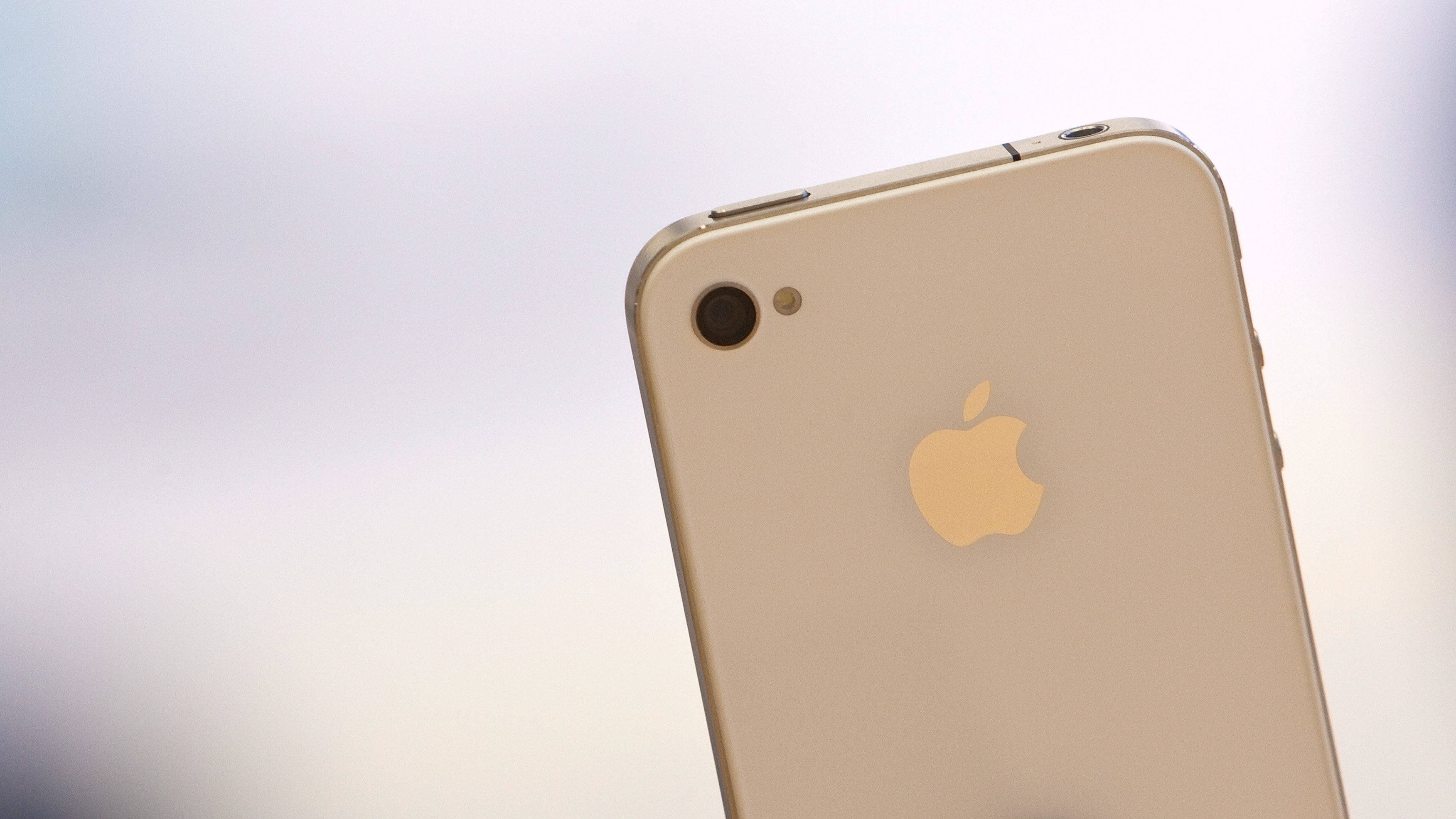 2655
2655
 2019-07-17
2019-07-17

Good news, podcast fans: Things are going to get slightly more unpleasant for you! Yes, you already have to put up with a lot of ads for companies that mail uncooked food to your house and the basic indignity of having to say the words “it’s a podcast” when someone asks what song you’re listening to, but those are going to seem like minor inconveniences when every podcast platform has a bunch of exclusive shows that you can only hear by paying subscription fees. A lot of companies do this, but the one that really matters is Spotify—which has recently been ramping up its position in the podcast game after buying Gimlet Media and a few other companies, not to mention working with the Obamas on a new podcast initiative. The reason that specifically matters is that Apple is now planning to follow Spotify’s lead by funding exclusive podcasts that you can only get through Apple’s podcast app, making this the latest volley in the streaming audio feud that the two of them have been waging for the last few years.
According to Bloomberg, executives at Apple have “reached out to media companies and their representatives to discuss buying exclusive rights to podcast,” which would be a shift from the company’s current (more or less) hands-off approach. We don’t know what companies or representatives talked to Apple, as this is all “preliminary,” but it does make sense considering that Apple has recently been working to upgrade its Podcasts app (with a dedicated desktop version now available as an off-shoot from the aging, rusted clutches of iTunes.
This could be a big deal, even as so many other companies have competing platforms and paid subscription plans, if only because Apple essentially created the podcast industry through iTunes and the prevalent availability of its Podcasts app. Bloomberg says it “still accounts for anywhere from 50 percent to 70 percent of listening for most podcasts,” so it could be an easy way to compete with Spotify if it starts throwing in exclusive paid content to the platform that so many people are already using.
Source: avclub